by Sarah Crawford (with some photos courtesy Michael Dixon – photo arrangements John Gundy)
People are calling it “the Woodstock of food” and that’s a pretty accurate description of the 2010 Canadian Chefs’ Congress.
But it was much more than a food festival. It was two plus days of inspiration and all things culinary including discussion about food policy, sustainability, educational workshops on ocean foods, a cook-off, wine and food tastings, and communal meals. The mood was celebratory – despite some serious rain – and the approximately 500 attendees (250 of them chefs) seemed energized, stimulated and inspired by the Canadian Chefs’ Congress 2010.
As an ‘observer” delegate, I too, was inspired. Here is just a taste of how and what it came to be.
The brainchild of chef, artist and visionary Michael Stadtlander, The Canadian Chefs’ Congress (CCC) commits to connecting “… chefs to our land in solidarity with farmers, fishers, gardeners, foragers and all artisanal food producers.” It is “a biennial gathering of chefs from across Canada that reinforces the passion and integrity of Canadian food culture”.
In September 2008, the inaugural Congress brought together 500 delegates from each of Canada’s provinces and they say it was a memorable and in some cases life changing gathering. Themed a ‘GMO-Free Zone’, the congress raised awareness and brought together people in the culinary and grower community about issues surrounding genetically modified foods, calling on participants to take action.
Bids to host the next national Congress were invited in the fall of 2008, by which time Vancouver chefs Vikram Vij, chef/owner of Vij’s Restaurant and Rangoli and Robert Clark, executive chef for the Kambolis Restaurant Group, which includes C Restaurant as well as NU, Raincity Grill had already decided they wanted to host the 2010 event in B.C., having both been delegates at CCC 2008. They submitted a bid to Stadtlander, president of the National Steering Committee.
After reviewing multiple proposal information including organizational plans, site location, and theme, the Steering Committee determined that the B.C. group’s plan was optimum.
Vikram and Robert set to work, convening a B.C. Steering Committee of ten. Bill Jones, chef, author and food consultant, was on board as Chair of the Providence Farm Site Committee. The group immediately seized on a Congress theme of ‘Oceans for Tomorrow’, focusing on chefs’ relationship to the ocean and its current fragile state, as well as examining sustainable practices.
The Steering Committee met regularly for 18 months – with the co-chairs meeting about once a week. Looking back on the intense work and huge number of hours involved in pulling together the Congress, Vikram says, “It was a huge personal commitment by everyone on the team — but I’d do it again in a minute”.
They built it — and they came.
Delegates began arriving in droves late in the day on Friday Sept. 10.
For many, the site would literally be home for the next few days as most delegates camped in their own tents or campers for the duration.
The BC steering committee hosts were on hand with warm welcomes and made everyone feel at home. Having already picked up chefs as they flew in to Victoria the day before at 7 am, Vikram greeted arriving delegates personally as they exited the registration tent.
Organizers had arrived on site at the Providence Farm in Duncan, B.C. in Vancouver Island’s beautiful Cowichan Valley on Sept. 8. Forty culinary student volunteers and other workers began setting-up the registration tent, pitching tented food stations, constructing the main stage, installing sound system and lighting, laying the central fire pit, placing hay bales around the common area for seating, and coordinating the myriad of details surrounding an event of this magnitude.
It’s hard to imagine a more ideal setting than Providence Farm. A working organic 400-acre farm operated by a foundation “dedicated to restoring the spirit and skills of those with physical, mental and emotional challenges”, they believe that caring for the soil is healing and therapeutic.
The Congress kicked off on Friday evening with a giant schmooze as people waited their turn to feast on a massive quantity of food as fresh and local as it comes: steamed clams, mussels and crab; succulent morsels from a whole pig that had been roasted to mahogany perfection throughout the day; salads and corn on the cob.
It was the ultimate kitchen party; a who’s who of bold-faced name Canadian chefs, as well as new talent, apprentices, wine makers, fishers, and more. Young cooks hung out with veterans, provincial and territorial delegates mingled, gossip and ideas were exchanged, business plans hatched – all fueled by some pretty great B.C. wine, beer, and cider that kept people going into the wee hours.
A surprisingly alert crowd gathered on a warm and sunny Saturday morning for Day One of the Congress. After Friday evening’s party, it was down to business.
After welcomes from co-chairs Robert Clark, Bill Jones and Vikram Vij, Stadtlander took the stage to add a few words about the important role chefs have to play in society in connecting people calling upon all chefs to sign a petition against what he called a new and serious problem; genetically modified salmon.
Next up was a compelling if not exactly uplifting keynote address by Dr. David Boyd. An environmental lawyer and an adjunct professor at Simon Fraser University and a research assistant at University of Victoria, Boyd talked about the big picture of sustainable practices as well as the impact of our actions of today on the oceans of tomorrow.
It was a sobering presentation – concluding with a positive call to action — and probably helped galvanize delegates to sign the petition against GM salmon, and to resolve to uphold the CCC Declaration for Healthy Oceans.
The morning continued with workshops and panels, which are still listed in detail at the CCC wesbite. And then it was time to eat.
If you were expecting the Chefs’ Congress to be a Mecca for outstanding, exciting, creative food using incredibly fresh, local and foraged ingredients, you’d be right. It’s not possible here to pay tribute to each chef creator, nor to list each ingredient, dish, and wine, but trust me when I say we ate well. Very well. And often.
Saturday’s ‘Best of the Country Lunch’ was superb, showcasing one chef from each of our nation’s provinces and territories, everything from east coast dulse and kelp, to spot prawns and geoduck on the West Coast, to caribou with tundra berry sauce from the North. To a chef, each dish was prepared with heart and soul and offered extraordinary and memorable eating experiences.
As the day progressed, the weather turned and the rain – which would not stop for the remainder of the Congress – began to fall. Undaunted, the soggy delegates were in good spirits, and the weather did not impede attendance at the rest of the sessions, nor at the Saturday evening festivities. Dinner was another culinary blockbuster — a sustainable seafood smorgasbord showcasing 13 BC chefs – and fortified everyone for a party that lasted late into the night, and then some.
“Hats off to the B.C. team for a very successful Congress,” said Stadtlander when we connected by phone post-Congress. “It just shows you the wealth and richness of the B.C. food and wine culture.”
Yes, B.C.’s natural food resources are wonderful but, as John Higgins, director of the George Brown Chef School in Toronto, points out, “The Congress is not only about food. Like a restaurant, it’s about the people, the ambience, making connections with the public. It brought together a very good group of people, and great minds. I’ve said before that quality and integrity are not expensive; they’re priceless. And that’s what we had at the Congress: a lot of quality and integrity.”
Rob Clark agrees. “The Chefs’ Congress is a unique gathering of chefs because they all want very much to be there,” he said. “There wasn’t a person there who attended because they felt obliged, or because someone else said they had to.”
Emphasizing the commitment and very hard work by everyone on the unpaid planning committee over an 18-month period, Rob said, “Each one of us believed in the project and volunteered our time. Putting that much time and effort and experience into one goal is pretty exceptional.”
It’s not surprising that Stadtlander feels positive about this second incarnation of his original vision. It was: a food lover’s paradise; a gallery of unique, local, delicious and sustainable culinary expression; a unification of the Canadian chef community; professional development; a think-tank, sowing seeds of advocacy and change; a creative incubator; an incredible party; a celebration of the brother- and sisterhood of cooks.
I sense that after two days of deliberation, meetings, and intensive discussion about what chefs can do to sustain our oceans, most delegates are newly or more committed to taking action – on a personal level, and at an industry level – and many I spoke with have a sense of urgency about planning next steps and identifying goals so as not to lose momentum.
Bill Jones observed: “I hope we made people think about the choices they make when they order seafood and how their choices are powerful motivators for both diners and seafood providers. I would like to think we convinced a few eastern chefs to think twice about using farmed salmon.
“Chefs are influential in creating public opinion. Our responsibility to the future health of the oceans and the planet requires that all of us modify our wasteful ways. Whether it be new composting regulations, reducing the use of plastics, conserving energy or buying sustainably managed products. We have to realize we have serious challenges to overcome and start to work small positive steps into our daily habits.”
Sinclair Philip, co-owner of Vancouver Island’s Sooke Harbour House, co-founder and first president of Slow Food Canada, had plenty to say about wanting more concrete action resulting from the Congress. “This year’s event was very productive and the Congress is clearly in an encouraging and early stage of development. Now, we need to take the movement to the next level. It is crucial that it develop brief statements of principle on specific issues and get the chefs in attendance to discuss and vote on these orientations so that all Canadian chefs leave the congress with a new sense of purpose and a few simple, clearly defined objectives. We could have drafted a brief position on farmed or wild salmon, or on sustainable fisheries in general, at the Vancouver Island conference. Taking positions in the future would infuse the food movement in Canada with new vigour and direction.
“The chefs movement needs to define itself. Nordic chefs developed a very good Manifesto for the New Nordic Kitchen and they produce some spectacular, delicious and ethical food. A statement similar to this, or to Slow Food’s manifestos, could serve as models to work from for chefs across Canada.
“The Canadian Chefs Congress is in its very early and promising stages of development. At their next annual meeting in Newfoundland, every effort needs to be made to involve chefs from Quebec and include more women chefs in key roles in the organization. Both of these groups need greater representation if the Congress hopes to be truly representative of the food movement across Canada. The Canadian Chefs Congress represents a very positive development which can only help improve the quality of food throughout the country!”
John Higgins believes some of the issues and commitments coming out of the CCC should be taken to a wider audience, and to Ottawa. “I will very much be taking the messages of the Congress to the faculty and the students [of GB College],” he says.
“We need to move forward on the issues. Chefs have the opportunity to take the lead on sustainability issues and educating the next generation.”
Rob Clark said he‘s pleased with the Congress and believes it achieved one of the organizers’ goals to “get chefs engaged with specifics on how they can be more ocean-friendly.
“It’s important to pick up where we left off with each subsequent Congress – that each Congress themes carries through”, he said.
So what’s next? How will the Congress’ outcomes and declarations carry forward? What specifically were the outcomes?
The Vancouver team plans to convene in the next few weeks to de-brief and talk about what happens with the Declaration, the petition, and how to ensure the Oceans for Tomorrow message and principles live on through action.
As Stadtlander told me, “It’s important that we not get too scientific; we need to focus on policy and getting our message out, and taking action.” A priority for Michael is to organize a national boycott of genetically modified salmon. “It will be up to the fish stores if they want to put it out there”.
“In many ways,” said Bill Jones, “the simple act of communicating is the most important part of the process – in this regard the congress was a great success and very inspiring for those of us who attended.”
Michael Dixon, one of the main organizers of the 2008 CCC and a current member of the CCC National Steering Committee, tells me the national team will be meeting soon to have a similar conversation. “With two successful Congresses under our belts, it’s important to use the lessons learned to shape future Congresses and determine how to unite people most effectively with a common purpose.”
The next CCC is planned for September 24 and 25, 2011 in Upper Amherst Cove, Newfoundland — scheduled just one year from now to return to a schedule that won’t conflict with Terra Madre’s biennial gathering. Themed “Sustainability on the Edge: ‘Rediscovering where food begins’, Nfld. Organizing committee Chair is chef Jeremy Charles, who participated in both Congresses.
Bids are now being solicited by the national Steering Committee for the 2013 Congress.
The 2010 CCC Team:
Providing direction and arms length support to its Provincial counterparts, the National Steering Committee of the Canadian Chefs’ Congress is comprised of:
Michael Stadtländer, Nobuyo Stadtländer (Eigensinn Farm / Haisai); Mike Dixon (Commissary Cuisine); Adam Colquhoun (Oyster Boy); and Julie Gibb and Christian Morrison (Pantry Press Inc.).
CCC 2010 Organizing Committee:
Chefs’ Congress Co-Chairs:
Robert Clark – executive chef for Kambolis Restaurants (C Restaurant, NU Restaurant and Lounge, Raincity Grill, C Catering) in Vancouver
Vikram Vij — chef/owner, Vij’s Restaurant and Rangoli
Providence Farm Site Chair:
Bill Jones — chef, author and food consultant, Magnetic North Cuisine
For a complete list of CCC team members, go to http://canadianchefscongress.com/british-columbia/
 Sarah Crawford is a former media executive specializing in communications and corporate social responsibility who likes to garden, cook, and write.
Sarah Crawford is a former media executive specializing in communications and corporate social responsibility who likes to garden, cook, and write.

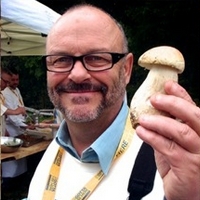









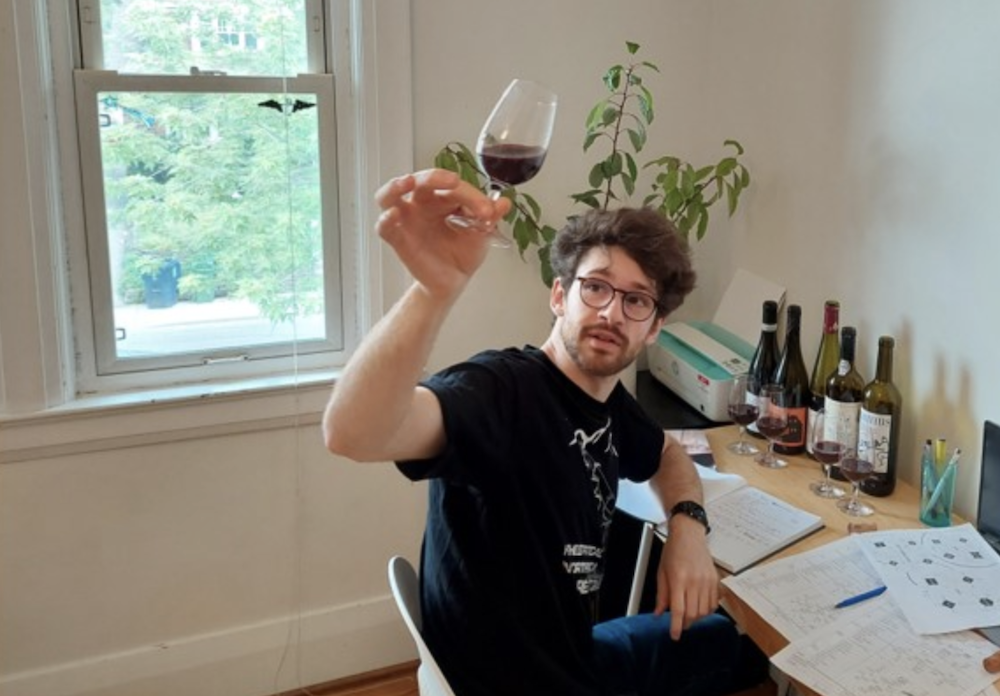
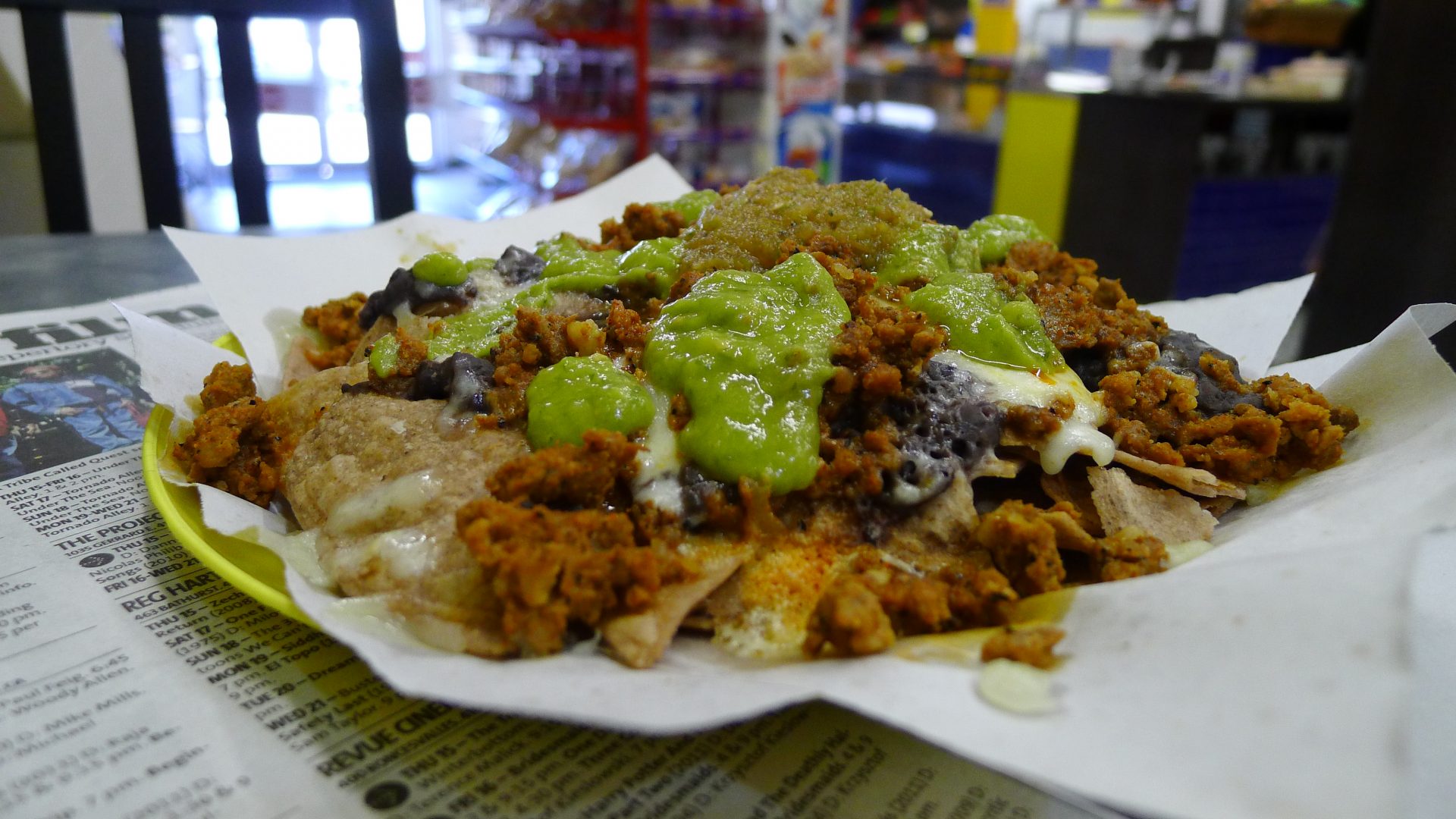
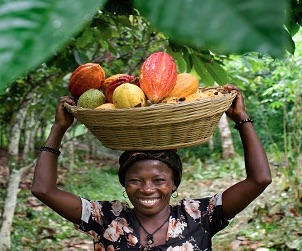
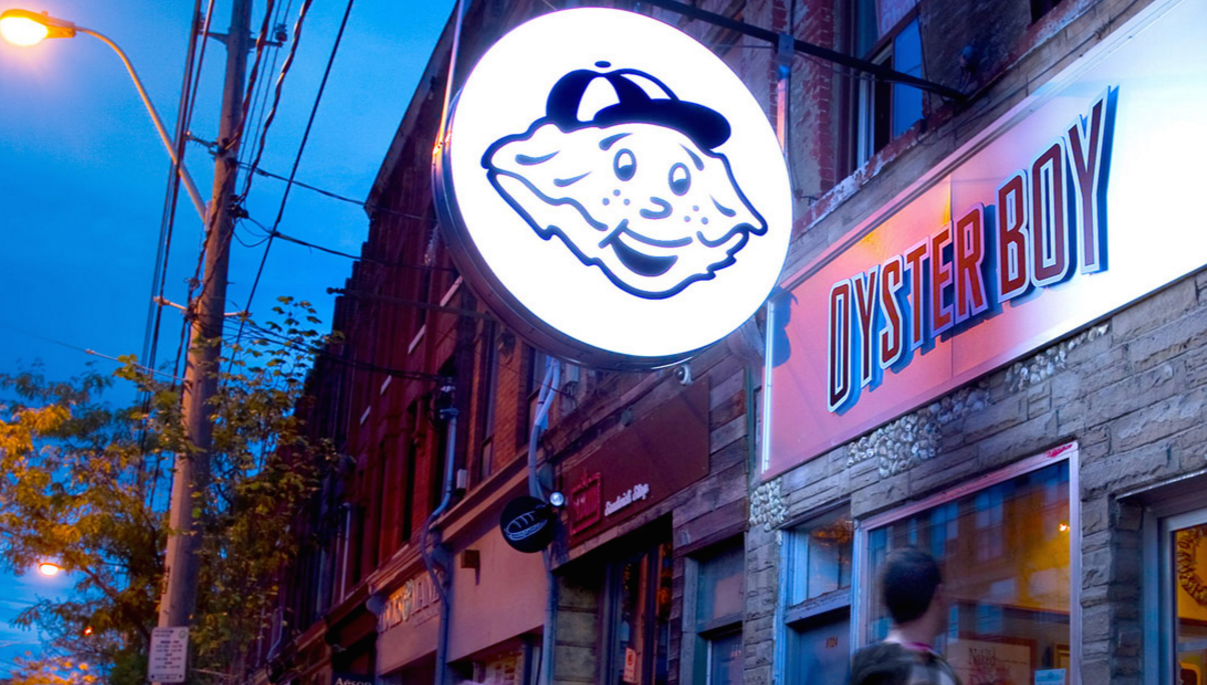

Trackbacks/Pingbacks